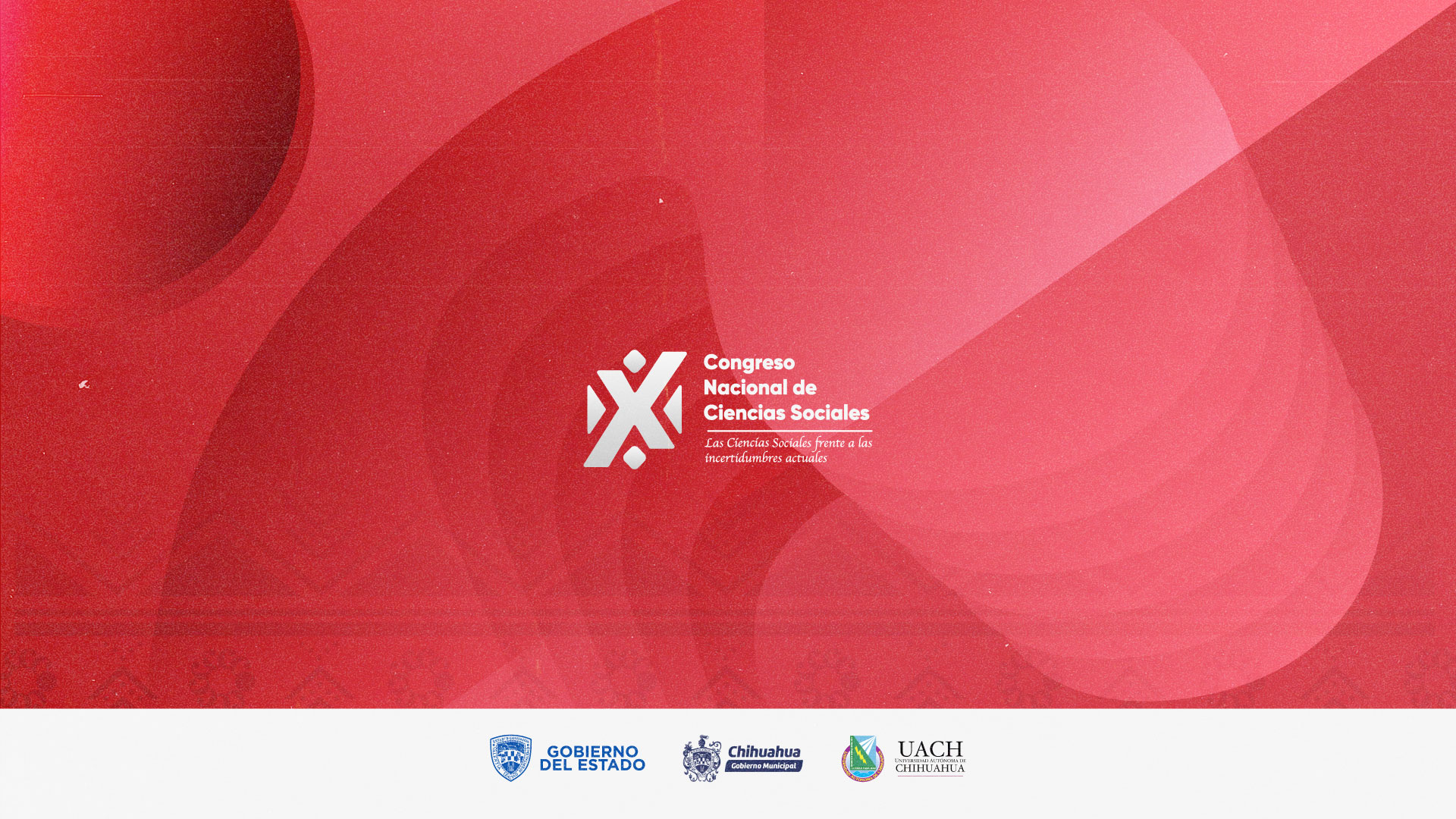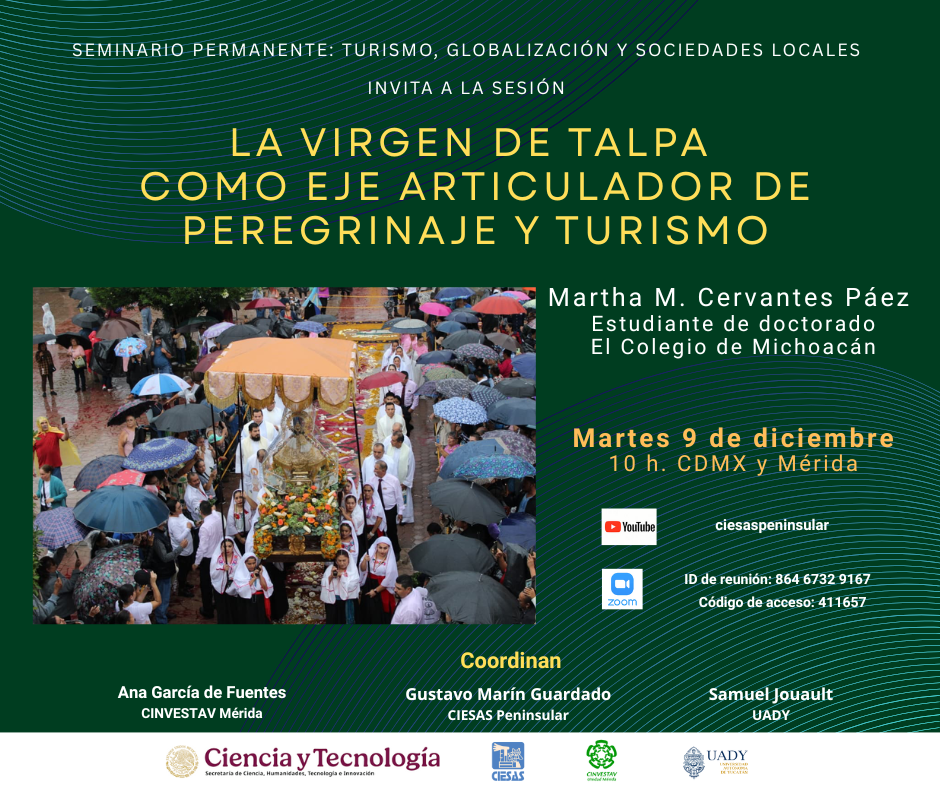State, nationalism and globalization
Call for Papers 2019, 2, State, Nationalism and Globalization
Glocalism. Journal of culture, politics and innovation
Complex phenomena such as nations and nationalism may be studied from different perspectives. Their variety, purposes and specific characteristics can be the subjects of investigation. One can learn more about their cultural and social roots and, finally, their significance for the social sciences. The intellectual attempts of several scholars was that of working out general theories of nationalism that would succeed at explaining the phenomenon from a general point of view, generating models capable of reducing its different manifestations to a common process.
If nationalism as a political principle implies the congruence of the state and the nation, it is evident that, with the transformation of states in the global panorama, even nations have the ability to change nature and new forms of nationalism may rise up on the horizon. Neither nations nor states, however, have existed in all times and in all types of circumstances: the state, as an entity that inside of society possesses the monopoly of legitimate violence, emerges first from the nation, while the latter can be considered to be a necessary product of mass instruction – as sustained by some interpreters – of the functioning of industrial society. In effect, it is was the advent of industrialization that raised the problem of nationalism and thus the need to coincide the confines of the states with those of the nation even if one could think – on the other hand – of a casual coincidence of this relationship in the historical evolution of the Western world. In any case, it is possible to distinguish and classify the various types of nationalism according to historical-economic moments and it is also possible to subdivide the phenomenon into spatial-temporal zones which limit the characteristics and the timelines in which certain forms of nationalism appear.
Looking at the future of nationalism, inside the process of globalization, it can be useful to analyze the social tendency that manifests itself from time to time, as a vector of political processes, or try to prefigure how they might express themselves, according to geographic areas, as the future forms of social and political organization. In the light of current dynamics in the contemporary world, reflecting on the present and on the potential evolution of nationalism seems to be able to provide a guide for the de-codification of the mechanisms which determine both the division of the world into national communities, and their futures.
Deadline: May 31, 2019.
This issue is scheduled to appear at end-July 2019.
Te puede interesar

Convocatoria para presentación de libros
Laura Gutiérrez - Dic 10, 2025FERIA DEL LIBRO X CONGRESO NACIONAL DE CIENCIAS SOCIALES “Las Ciencias Sociales frente a las incertidumbres actuales” INVITACIÓN PRESENTACIÓN DE…

Convocatoria Feria del libro
Laura Gutiérrez - Dic 03, 2025FERIA DEL LIBRO X CONGRESO NACIONAL DE CIENCIAS SOCIALES “Las Ciencias Sociales frente a las incertidumbres actuales” INVITACIÓN Información general…

Memorias del IX Congreso Nacional de Ciencias Sociales
Roberto Holguín Carrillo - Jul 02, 2025IX Congreso Nacional de Ciencias Sociales Las ciencias sociales y los retos para la democracia mexicana. Realizado en el Instituto…

Ichan Tecolotl, núm. 398
Laura Gutiérrez - Dic 10, 2025Ichan Tecolotl Año 36, Número 398 (agosto 2025) Voces de la disidencia. Movimientos sociales y música disruptiva en México Ver…

Curso Introducción al video etnográfico
Laura Gutiérrez - Dic 10, 2025Curso Introducción al video etnográfico 1. Objetivo Familiarizar a estudiantes o profesionales de la antropología y disciplinas afines con herramientas…









